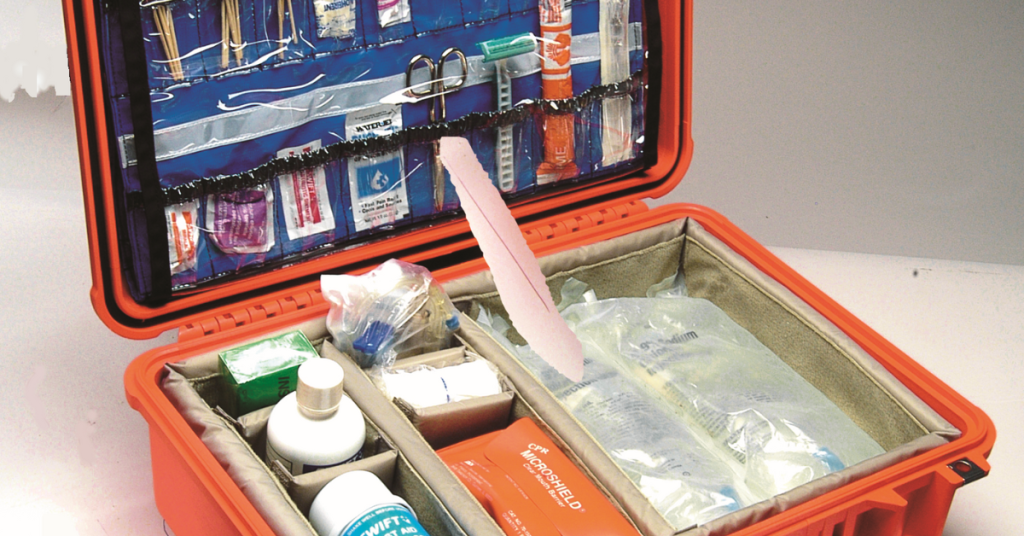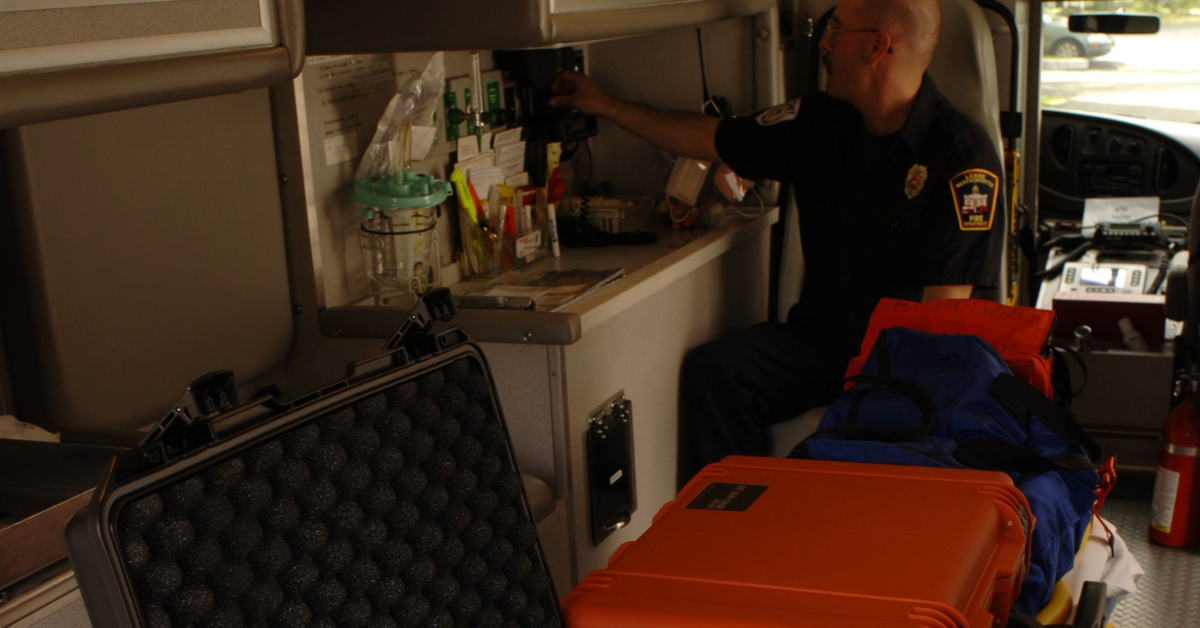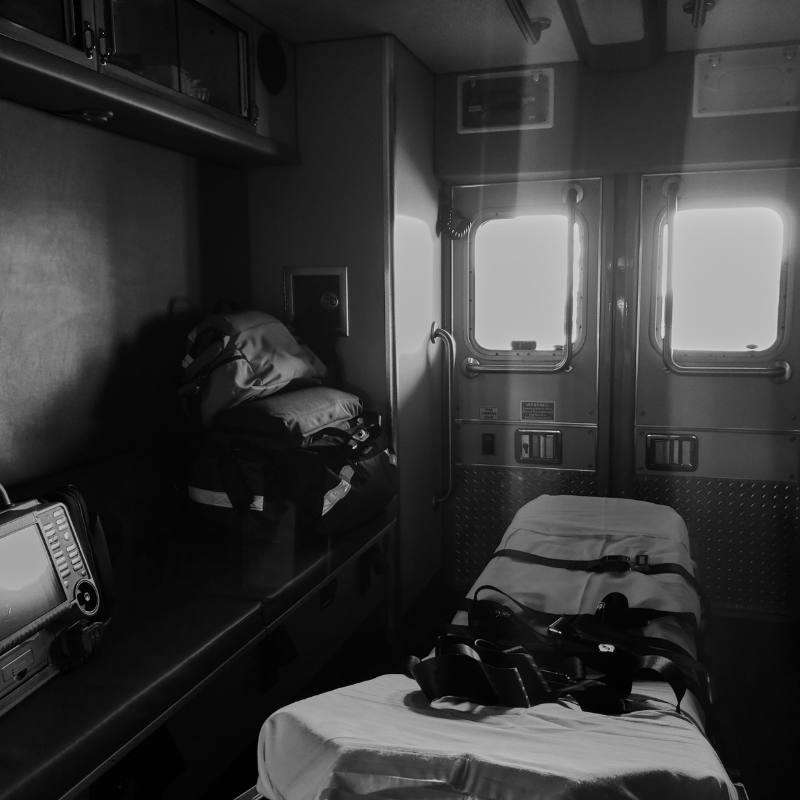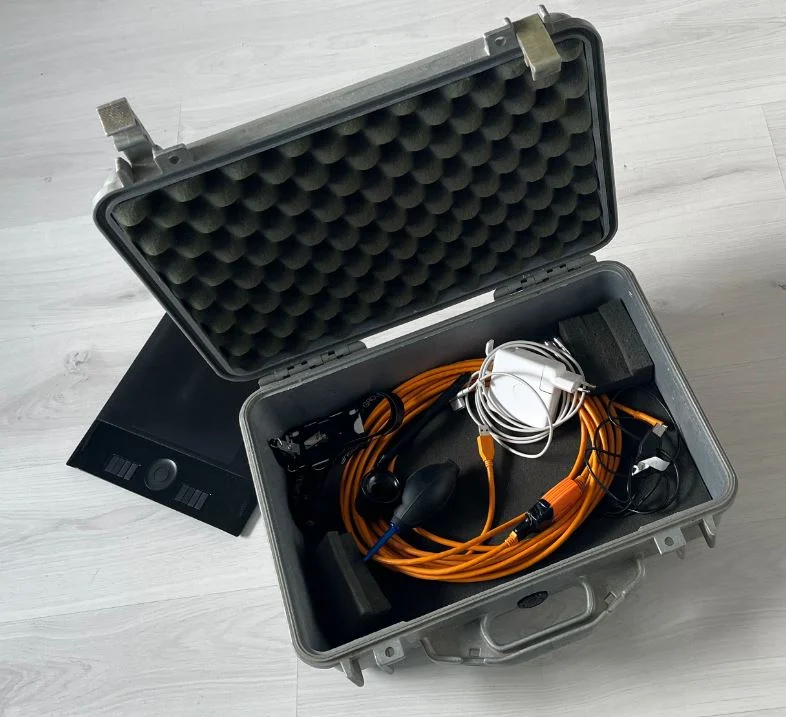In emergency medical response, the smallest breach can have the biggest consequences. Contaminated instruments or compromised diagnostics don’t just delay care—they endanger lives. That’s why superior case sealing is more than a design feature—it’s a safeguard for every mission.
Here’s what medical aid teams need to know about next-level sealing technology.

1. Why Does Superior Sealing Matter in the Field?
Medical teams often work in environments that are dusty, wet, chaotic, or contaminated—from disaster zones to makeshift clinics. In these situations, case sealing:
- Prevents dust, moisture, or pathogens from entering
- Maintains sterility for stored supplies
- Extends shelf life of temperature-sensitive medications
- Reduces risk of cross-contamination when transporting used gear
A superior seal ensures your equipment is as ready as your team.
2. What Does Sealing Technology Protect Against?
Advanced sealing systems are designed to block:
- Fine dust particles, such as volcanic ash or construction debris
- Contaminated floodwaters, often filled with harmful microbes
- Salt spray and sand, in coastal or desert environments
- Biological contaminants, where sterility is critical
The right case can keep everything from scalpels to oxygen sensors in a clean, dry state until the moment they’re needed.
3. How Does Seal Integrity Affect Usability?
When seals fail, problems follow:
- Moisture can short out electronics
- Bacteria can contaminate dressings or IV lines
- Dust can impair vision diagnostics or interfere with testing devices
Strong seals mean fewer replacements, fewer delays, and better outcomes. For medics under pressure, a dependable seal lets them focus on patients—not packing protocols.
4. Are There Certifications That Prove Seal Quality?
Yes. When assessing cases, look for:
- IP67 or higher (dust-tight and water immersion-tested)
- MIL-STD 810G (shock, temperature, and moisture resilience)
- ATA 300 Category 1 (air transport durability)
These standards aren’t just military—they’re medical, too. They prove that the seal holds in real-world field conditions.
5. Which Cases Offer the Best Sealing Performance?
Leading manufacturers use rubber O-rings, precision-fit lids, and automatic pressure equalisation valves to ensure complete protection.
Brands like PELI are widely trusted by humanitarian and tactical medical teams worldwide. Their cases are sealed to withstand rain, dust, drops—even full submersion—making them ideal for medics who can’t afford to compromise.
When lives are on the line, trust the seal that holds up under pressure.



